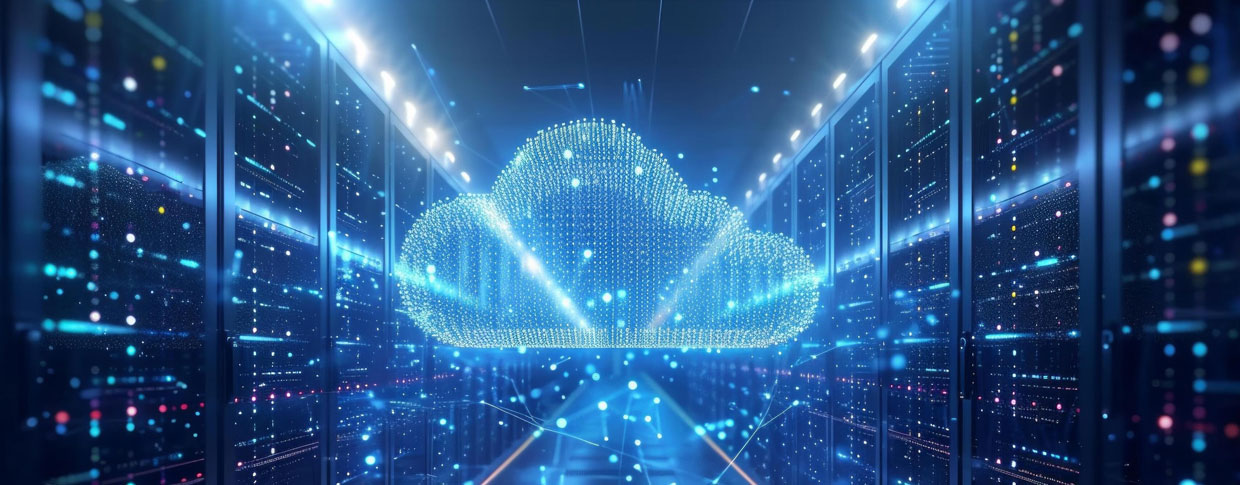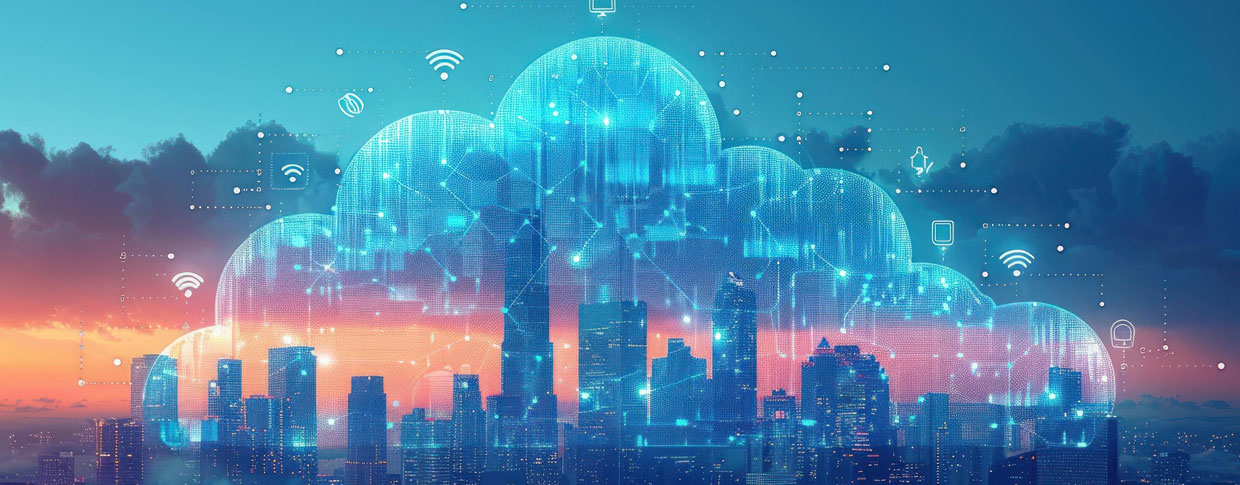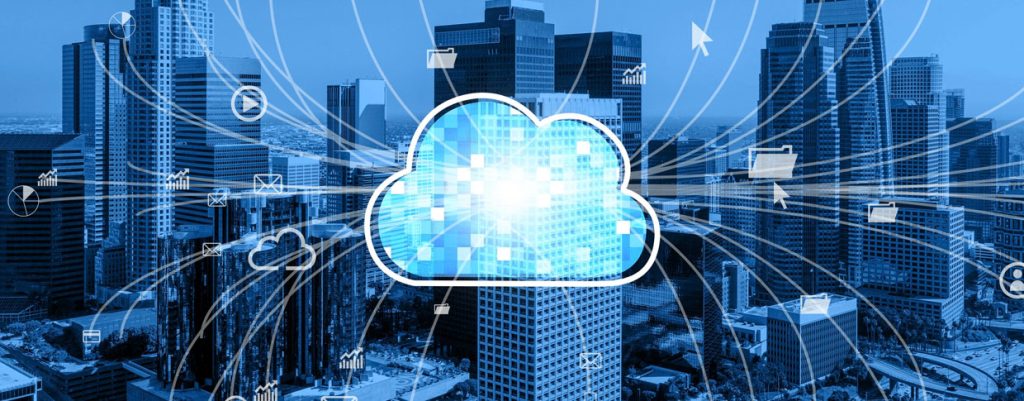Cloud computing in Dholera is the main reason for this success. It is changing the way data is managed and making operations more efficient across the Dholera Special Investment Region (DSIR) with the help of Mirrikh Infratech.
Smart cities represent an exciting new phase in the transformation of urban life in India. The Dholera Smart City in Gujarat exemplifies the integration of technology in city management and environmental conservation. Dholera is set to become a tech hub featuring state-of-the-art infrastructure. It links data-driven systems in utilities, industry & services for citizens.
Cloud Computing in India’s First Greenfield Tech Hub
Cloud computing in Dholera shows that India is forward-thinking when it comes to building cities. It supports quick governance, automates real estate tasks & manages smart infrastructure by offering services such as data storage, analytics & online processing. This allows DSIR to develop into a connected, scalable & secure environment that will endure for years to come.

Data Challenges in Dholera Smart City Project
The vast area of Dholera, spanning nearly 920 square kilometers, makes data management quite challenging. The city gathers a ton of data daily, ranging from IoT sensors and traffic systems to industrial automation. To tackle these challenges and keep up with the increasing demand, a number of training institutes in Dholera have begun providing sought-after cloud networking courses. These courses assist individuals and organizations in effectively managing, storing & securing data in expansive smart city settings.Key challenges include:
-
Dealing with different types of data from renewable energy sources, smart grids & energy
-
Making sure that intelligent systems can respond in real time
-
Keeping private information safe according to Indian government rules
-
Adding more storage and processing space as industrial areas and jobs grow along the Dedicated Freight Corridor (DFC)
Building a Connected Smart Infrastructure for Dholera
Cloud platforms solve these problems by providing Dholera’s growing connectivity network with systems that are scalable, secure & cost-effective.
1. Ability to grow and change
The cloud infrastructure grows along with the DSIR, making it possible for industries like aerospace, manufacturing & renewable energy to grow without having to spend a lot of money on new hardware.
2. Cost-effectiveness and resource distribution
Pay-as-you-go cloud models save crores of rupees, which can then be used for healthcare, art infrastructure & public services.
3. Processing in Real Time and Integration with the Internet of Things
Smart grids and traffic systems powered by the Internet of Things (IoT) optimize energy and transportation between Ahmedabad and Dholera in real time.
4. Safety and Dependability
Cloud encryption and blockchain technologies keep Dholera’s data centers safe and strong against cyber threats.
5. Getting back on track after a disaster
In case of disruption, cloud backups ensure rapid restoration, maintaining continuity for businesses and public systems.

Smart Utilities, Sustainability & Renewable Energy
Cloud computing in DSIR enables advanced resource management systems.
The Dholera Solar Park, with over 4,400 MW capacity, leverages cloud analytics for predictive power distribution. Automated systems monitor water usage and reduce environmental impact, helping achieve the city’s sustainability goals.
Transportation and Connectivity across Kilometers (km)
As a major node on the Delhi–Mumbai Industrial Corridor, Dholera’s transportation and connectivity systems depend on real-time data. Cloud-based IoT frameworks manage extensive networks of smart roads, public transport & electric vehicles. This helps people in Gujarat move around more easily by cutting down on traffic and enhancing mobility based on proximity.
AI and Healthcare Innovations in Dholera
For AI-driven healthcare solutions to be effective, they require secure cloud access to digital health records and telemedicine platforms. In Dholera Smart City, hospitals and clinics are using AI to analyze vast amounts of data, predict patient outcomes & enhance the quality of care, all while ensuring that patient information remains secure through encrypted cloud services.
E-Governance and Industrial Growth
The cloud really simplifies digital governance, making it easier to get approvals, pay taxes & manage records throughout the DSIR. These tools encourage transparency, attract foreign investment & support the growth of industries such as real estate, logistics & semiconductor manufacturing.
Aerospace and Semiconductor Development in India’s New Industrial Hub
Dholera’s cloud-based systems are used by the Powerchip Semiconductor Manufacturing Corporation and other aerospace companies to handle data accurately, improve the efficiency of their supply chains & lower their operating costs. This integration makes DSIR India’s up-and-coming industrial center with a focus on long-term growth.

Cloud Networking and Connectivity in Dholera’s Future
Remote server infrastructure networking makes Dholera’s digital backbone stronger by connecting data centers and government systems so that information can flow freely between them. It improves the connections between city services, which helps with real-time monitoring, analytics & integrated decision-making that keep the smart city project running smoothly.
Learning and AI-Driven Careers in Dholera’s Tech Ecosystem
As DSIR becomes more of a tech hub, schools in Ahmedabad and nearby cities are starting to offer cloud networking and AI classes. These programs teach professionals how to run the IoT infrastructure, smart systems & data management tools that are essential for Dholera’s growing industrial landscape.
What will happen to cloud technology in Dholera?
New technologies like edge computing, blockchain & AI-integrated IoT will make operations more efficient in all kinds of businesses and utilities. The remote server infrastructure in DSIR will keep cutting carbon emissions, making things more sustainable & giving smart systems the power to drive innovation in real estate and industrial supply chains.

Proximity, IOT, Infrastructure Progress & Cloud Computing in Dholera
Dholera Smart City has made a lot of progress in building up its digital and physical infrastructure by the end of 2025. This has helped it stay India’s top tech hub. The Dholera International Airport, which is almost done and should open in 2026, will help the logistics and industrial sectors grow.
The Powerchip Semiconductor Manufacturing Corporation has started phase one of construction in the DSIR. They are using advanced cloud computing in Dholera systems to automate design and keep data safe. Also, new data centers are being built through public-private partnerships to improve the storage space and digital resilience of both government and private businesses. Dholera’s solar park has also grown to 5,000 MW and now uses IoT and AI-driven analytics to make energy management better.
The Dedicated Freight Corridor and expressway links to Ahmedabad will make it easier for people to get to the city, which should bring in a lot of foreign direct investment in aerospace, renewable energy & high-tech manufacturing. These new developments support Dholera’s goal of becoming India’s most advanced smart city by combining sustainability, innovation & technology.
What is the Dholera project?
The Dholera project is an ambitious initiative aimed at developing a smart city in Gujarat, India. Focused on sustainable urban planning, it integrates advanced infrastructure and cloud computing technologies to enhance efficiency and connectivity. This project exemplifies innovative growth, attracting businesses and fostering economic development in the region.
Conclusion: Cloud computing in Dholera
With its strategic location, renewable energy systems & advanced digital infrastructure, Dholera is redefining India’s urban landscape. Through cloud computing in Dholera, Mirrikh Infratech supports a connected ecosystem where innovation, sustainability & intelligent governance converge—making the DSIR a global benchmark for smart cities.





